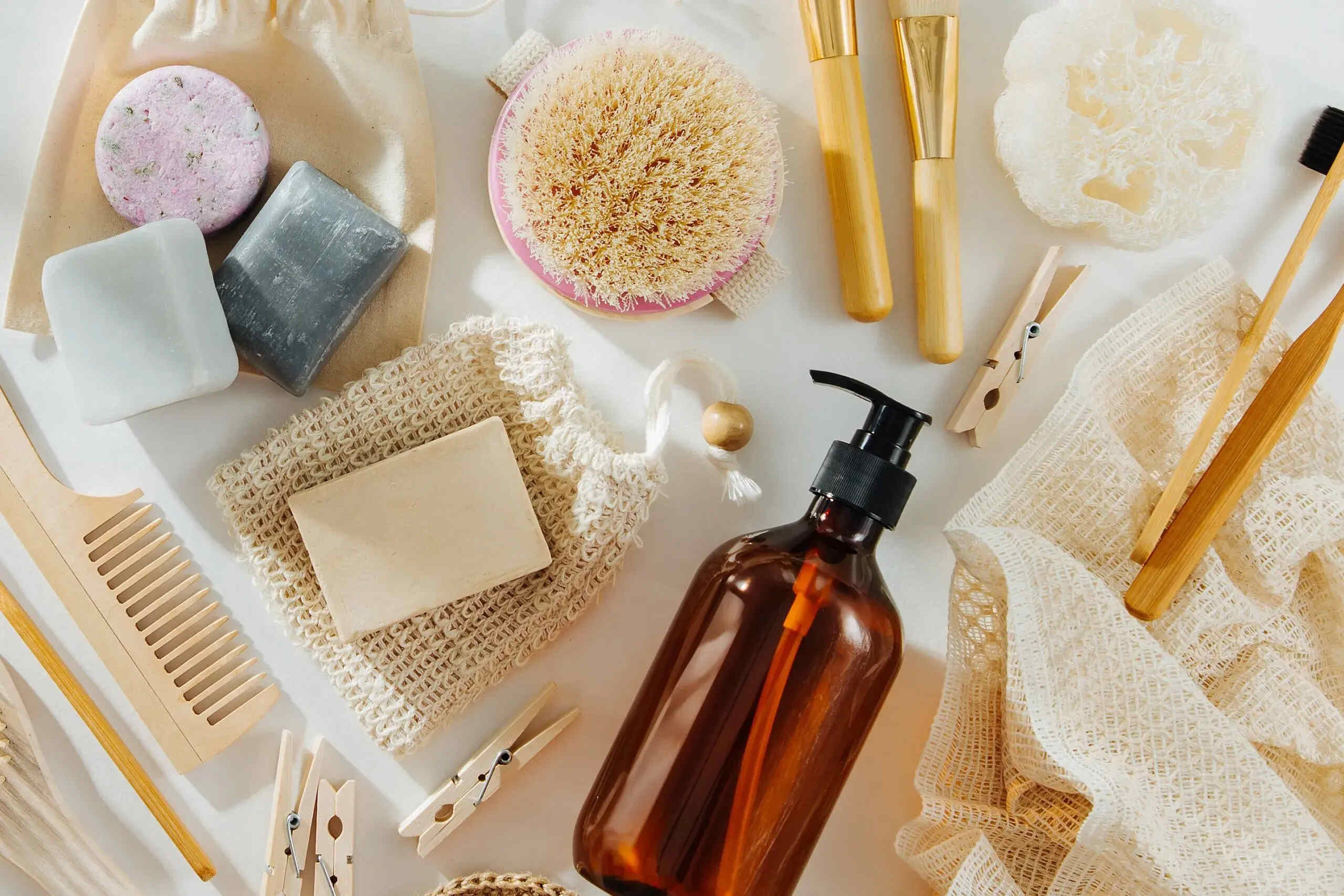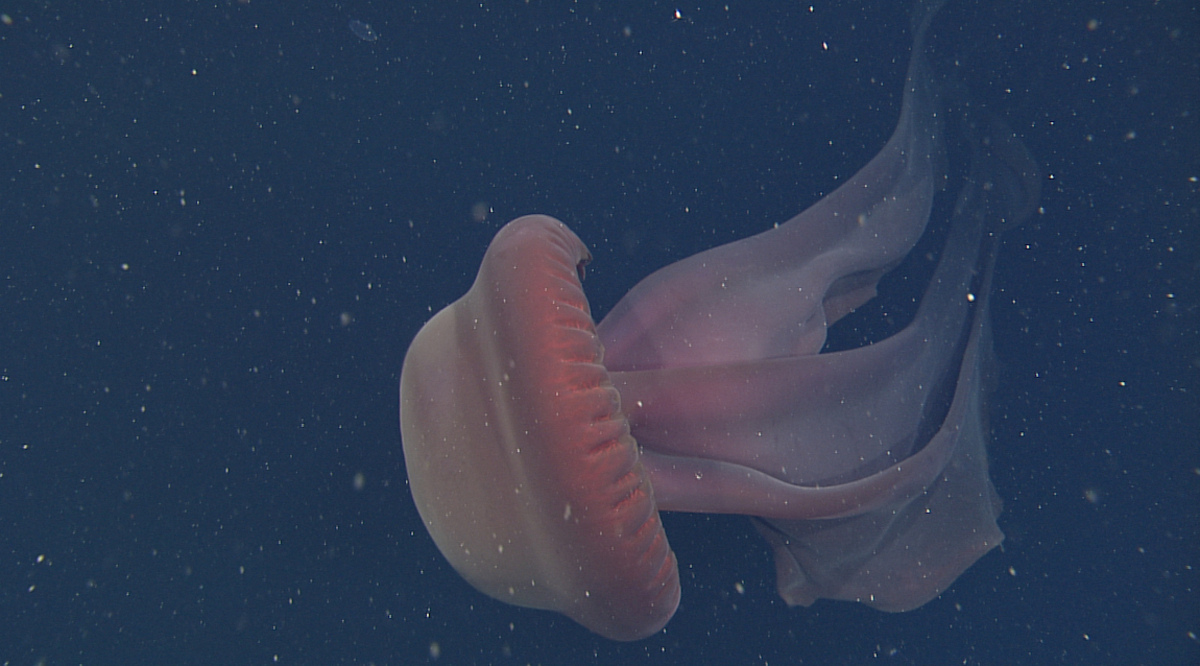
Ever wondered what goes into your favorite lipstick or why ancient Egyptians wore eyeliner? Cosmetics have been a part of human culture for thousands of years, evolving from simple natural ingredients to complex chemical formulations. From Cleopatra's kohl-rimmed eyes to today's multi-step skincare routines, the beauty industry has seen incredible transformations. Did you know that the global cosmetics market is worth over $500 billion? This blog post dives into 27 fascinating facts about cosmetics, shedding light on their history, ingredients, and surprising uses. Whether you're a makeup enthusiast or just curious about the products on your bathroom shelf, these facts will give you a new appreciation for the world of beauty.
Key Takeaways:
- Cosmetics have a rich history dating back to ancient civilizations, with ingredients evolving over time to focus on safety and effectiveness. From natural extracts to synthetic compounds, the science behind cosmetics aims to improve skin health.
- The global cosmetics industry is a multi-billion dollar business, driven by innovation and consumer demand. Social media and online sales have transformed the way beauty products are marketed and purchased, while sustainable and eco-friendly options are gaining popularity.
The History of Cosmetics
Cosmetics have been around for thousands of years. Their history is rich and fascinating, reflecting cultural shifts and technological advancements.
- Ancient Egyptians used cosmetics as early as 4000 BCE. They applied eye makeup made from malachite and kohl to protect their eyes from the sun and ward off evil spirits.
- In ancient Greece, women used white lead to lighten their skin. Unfortunately, this often led to lead poisoning.
- The Romans were known for their elaborate beauty routines. They used a variety of natural ingredients like rosewater, olive oil, and beeswax.
- During the Renaissance, pale skin was a sign of wealth and status. Women used a mixture of white lead and vinegar called "ceruse" to achieve this look.
- In the 18th century, both men and women in Europe wore heavy makeup, including white face powder and bright red lipstick.
Ingredients in Cosmetics
The ingredients in cosmetics have evolved over time, with a focus on safety and effectiveness.
- Modern cosmetics often contain synthetic ingredients. These include preservatives, fragrances, and colorants.
- Natural ingredients are also popular. Examples include aloe vera, chamomile, and green tea extract.
- Some cosmetics contain animal-derived ingredients. Lanolin, for example, is a common moisturizer derived from sheep's wool.
- Vegan cosmetics avoid all animal-derived ingredients. They use plant-based alternatives instead.
- Parabens are a controversial ingredient. They are used as preservatives but have been linked to health concerns.
The Science Behind Cosmetics
Cosmetics are not just about appearance. They often contain active ingredients that can improve skin health.
- Sunscreen is a common cosmetic product. It protects the skin from harmful UV rays, reducing the risk of skin cancer.
- Anti-aging creams often contain retinoids. These compounds can reduce wrinkles and improve skin texture.
- Moisturizers work by trapping water in the skin. Ingredients like glycerin and hyaluronic acid are commonly used.
- Acne treatments often contain salicylic acid or benzoyl peroxide. These ingredients help to clear pores and reduce inflammation.
- Some cosmetics contain antioxidants. These can protect the skin from damage caused by free radicals.
The Business of Cosmetics
The cosmetics industry is a multi-billion dollar business, driven by innovation and consumer demand.
- The global cosmetics market was valued at over $500 billion in 2020.
- Major players in the industry include L'Oréal, Estée Lauder, and Procter & Gamble.
- The rise of social media has transformed the cosmetics industry. Influencers and beauty bloggers play a significant role in marketing products.
- Online sales of cosmetics have increased dramatically. Many consumers prefer to shop for beauty products from the comfort of their homes.
- Sustainable and eco-friendly cosmetics are becoming more popular. Brands are focusing on reducing waste and using recyclable packaging.
Fun Facts About Cosmetics
Cosmetics can be fun and quirky, with some surprising facts that might make you smile.
- The world's most expensive lipstick costs $62,000. It is made by Guerlain and contains real gold and diamonds.
- Lipstick sales often increase during economic downturns. This phenomenon is known as the "lipstick effect."
- The average woman owns seven different lipsticks. However, she typically only uses two regularly.
- Mascara was invented in the 19th century by a French perfumer named Eugène Rimmel. His name is still synonymous with mascara in many languages.
- Nail polish was inspired by car paint. Early formulas were developed by the same chemists who created automotive finishes.
- The first commercial deodorant, called "Mum," was introduced in 1888. It was a cream applied with the fingers.
- The term "makeup" was popularized by Hollywood in the 1920s. Actors needed products to look good on camera, leading to the development of specialized cosmetics.
The Final Touch
Cosmetics have a rich history and a significant impact on our daily lives. From ancient beauty rituals to modern innovations, cosmetics continue to evolve, reflecting cultural shifts and technological advancements. Understanding the ingredients and their effects helps us make informed choices about what we put on our skin. Whether you're a makeup enthusiast or someone who prefers a natural look, knowing these facts about cosmetics can enhance your appreciation for the products you use. Remember, beauty isn't just skin deep; it's about feeling confident and comfortable in your own skin. So next time you reach for your favorite lipstick or moisturizer, you'll have a deeper understanding of the science and history behind it. Keep exploring, stay curious, and embrace the beauty in every detail.
Frequently Asked Questions
Was this page helpful?
Our commitment to delivering trustworthy and engaging content is at the heart of what we do. Each fact on our site is contributed by real users like you, bringing a wealth of diverse insights and information. To ensure the highest standards of accuracy and reliability, our dedicated editors meticulously review each submission. This process guarantees that the facts we share are not only fascinating but also credible. Trust in our commitment to quality and authenticity as you explore and learn with us.


